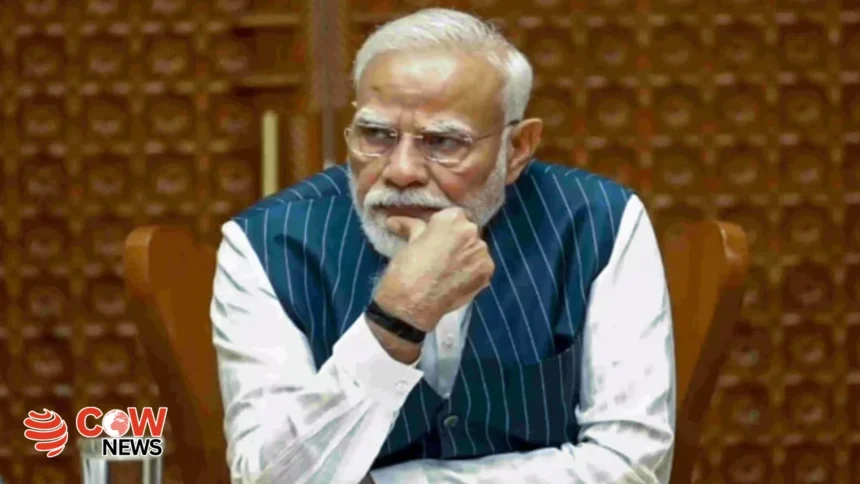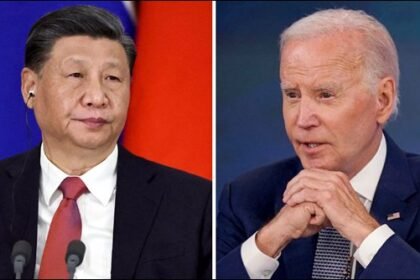The Modi-led Indian government has begun to retreat from the terms of the recently accepted ceasefire with Pakistan, just hours after formally agreeing to it. The backtracking has raised concerns over India’s sincerity and threatens the fragile truce brokered through intense international diplomacy.
According to diplomatic sources, India had initially agreed to Pakistan’s condition that any future talks between the two nuclear-armed nations be held in a neutral third country. However, within hours of accepting this clause, Indian officials reportedly rejected the arrangement, signaling a sudden reversal.
The ceasefire, facilitated through high-level interventions by former U.S. President Donald Trump, U.S. Secretary of State Mike Rubio, and with the cooperation of Saudi Arabia, Qatar, and the United Arab Emirates, is now at risk. India’s refusal to uphold its commitments has already manifested in a serious violation: heavy shelling across the Line of Control (LoC) in Kashmir, defying the very ceasefire agreement it consented to.
Indian Foreign Secretary Vikram Misri further downplayed the truce, referring to it as a “temporary arrangement,” stating that the Directors General of Military Operations (DGMOs) from both sides would review the situation in a follow-up meeting scheduled for Monday. This position was prominently reported in the New York Times, which highlighted India’s growing ambiguity regarding the ceasefire’s permanence.
Observers note that the Indian government’s change of stance appears to be driven by mounting political pressure and dissatisfaction with the outcomes of Pakistan’s swift and decisive military responses during the recent conflict. Operation Bunyān Marsūs, launched by Pakistan in retaliation to Indian aggression, is said to have inflicted significant damage on Indian military installations, prompting international concern and altering the strategic narrative.
Analysts believe the Indian leadership is attempting to salvage political capital at home after suffering a diplomatic and military setback. The sudden involvement of U.S. Vice President JD Vance—who had previously maintained a stance of non-involvement—has also raised eyebrows. His shift is widely interpreted as a response to Pakistan’s measured military strategy and its success in countering Indian advances, forcing global actors to act to prevent further escalation.
With the ceasefire teetering and tensions once again rising, the onus appears to be on the international community to ensure both parties adhere to the agreements in letter and spirit—especially India, whose credibility is now under scrutiny.







